If you have a topic in mind, use the search below to quickly find all our related information and articles.
Choosing a service
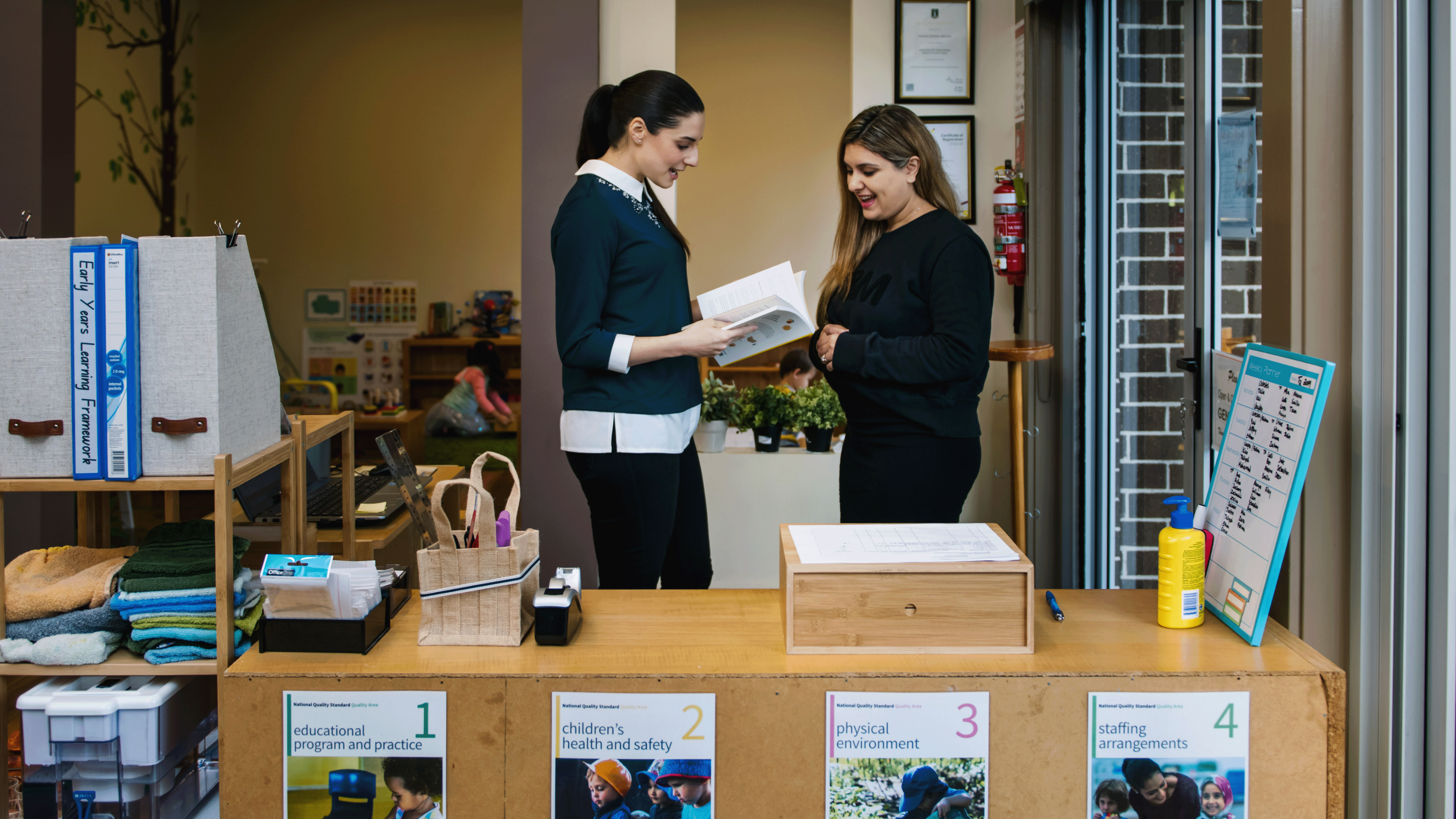
This article is a brief guide to the assessment and rating process for approved early childhood education and care services across Australia.
How to support your child through early childhood education and care
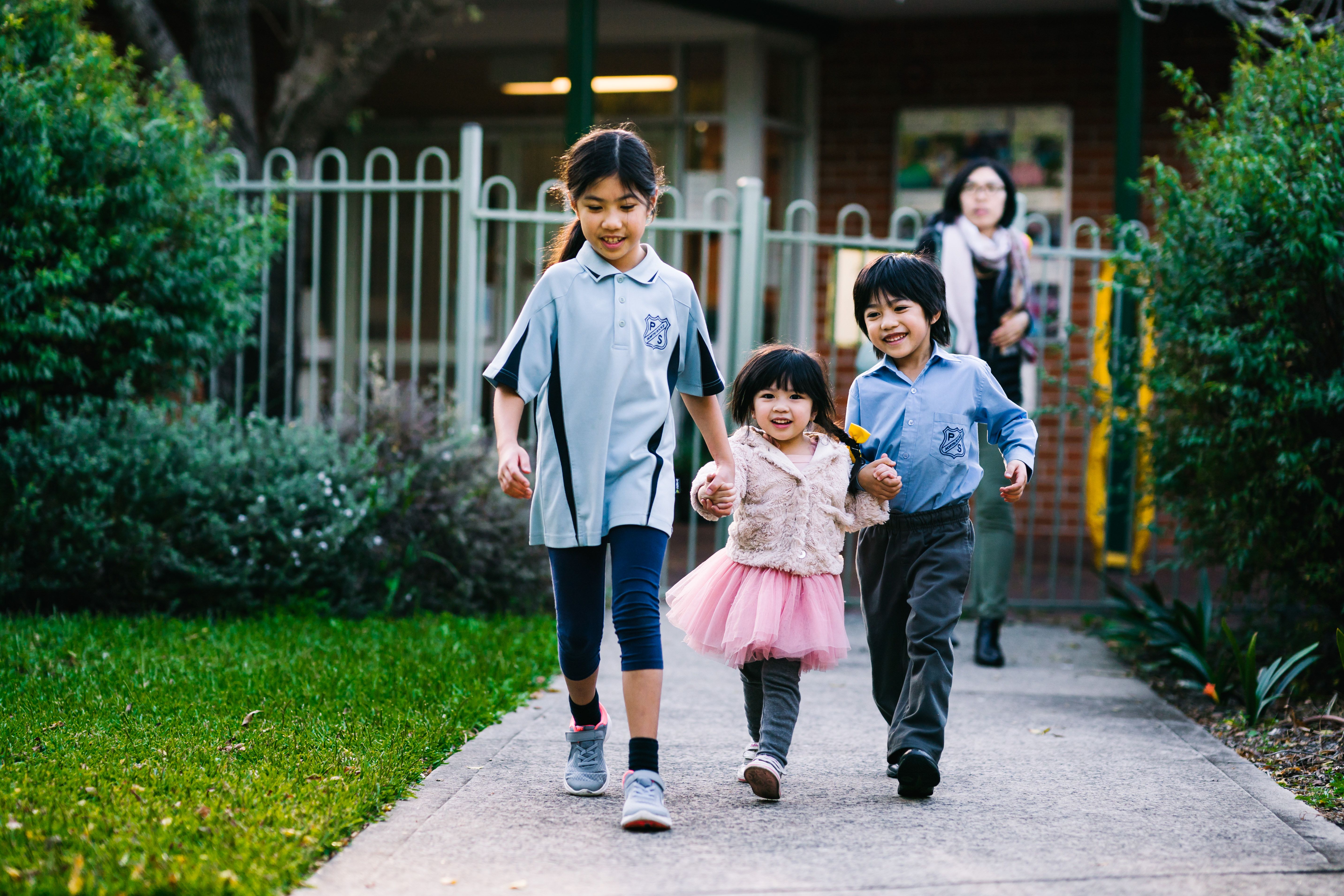
Starting school is an exciting milestone for your child and family. Preparing your child for their transition to school prepares them for future learning and development.
Health and safety in services
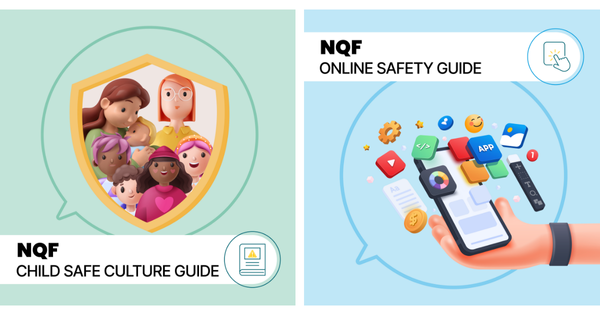
Protecting children is everyone’s business. The NQF Child Safe Culture Guide and NQF Online Safety Guide provide guidance to help education and care services keep children safe, including when online,
Educational programs
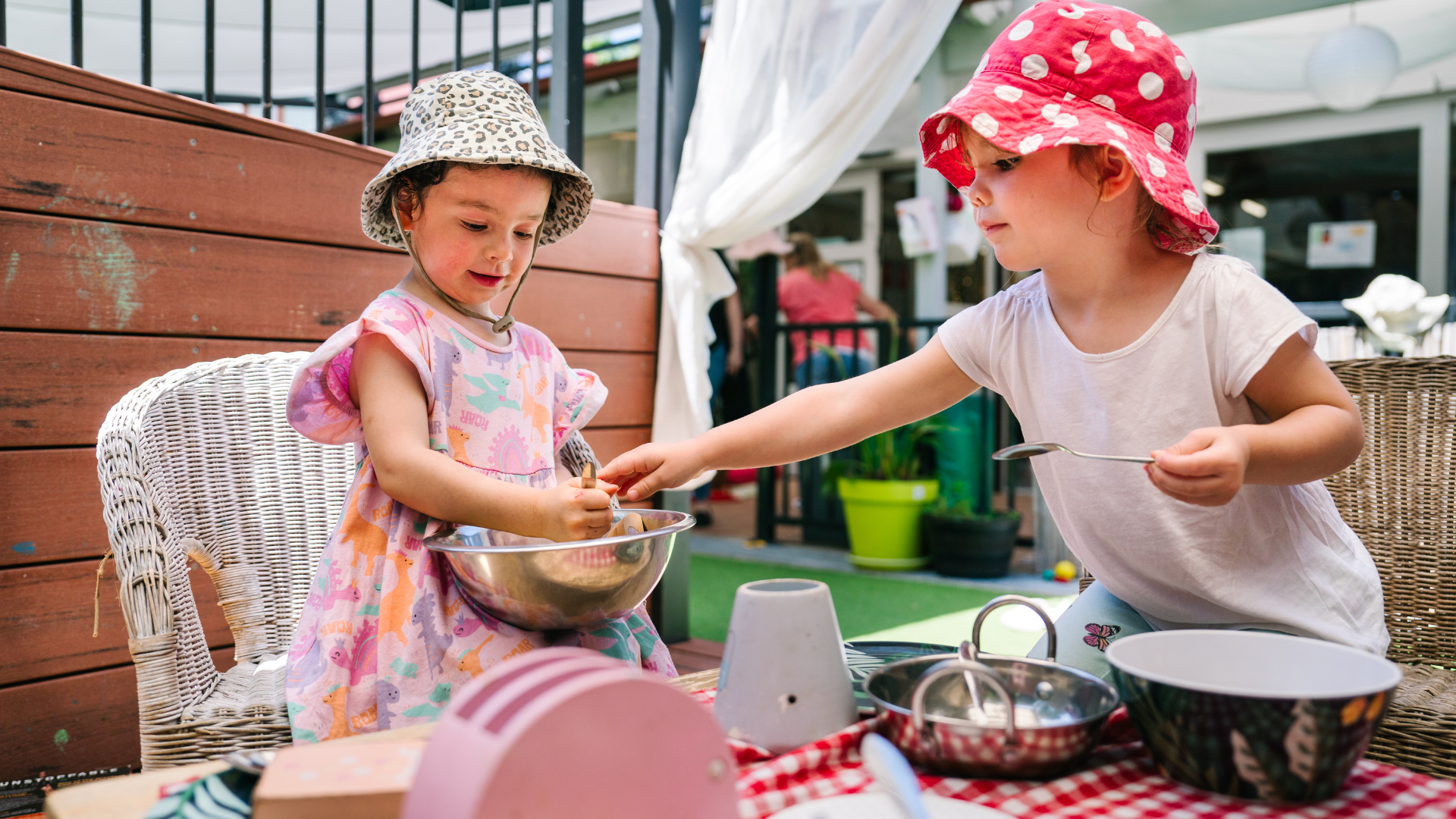
Learning through play is one of the most important ways children learn and develop. Children’s success as learners depends on developing strong foundations from infancy, and play based learning supports this.
Regulatory activities

Early childhood education and care services are required to create and maintain safe environments for children. Everyone has a role in keeping children safe in education and care services.
Types of services
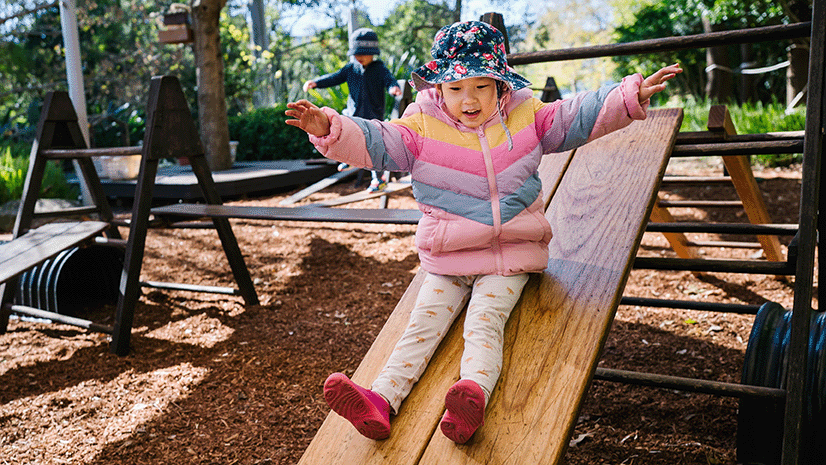
Tips on what to look for when choosing a quality education and care service for preschool or kinder aged children.
Early childhood education and care
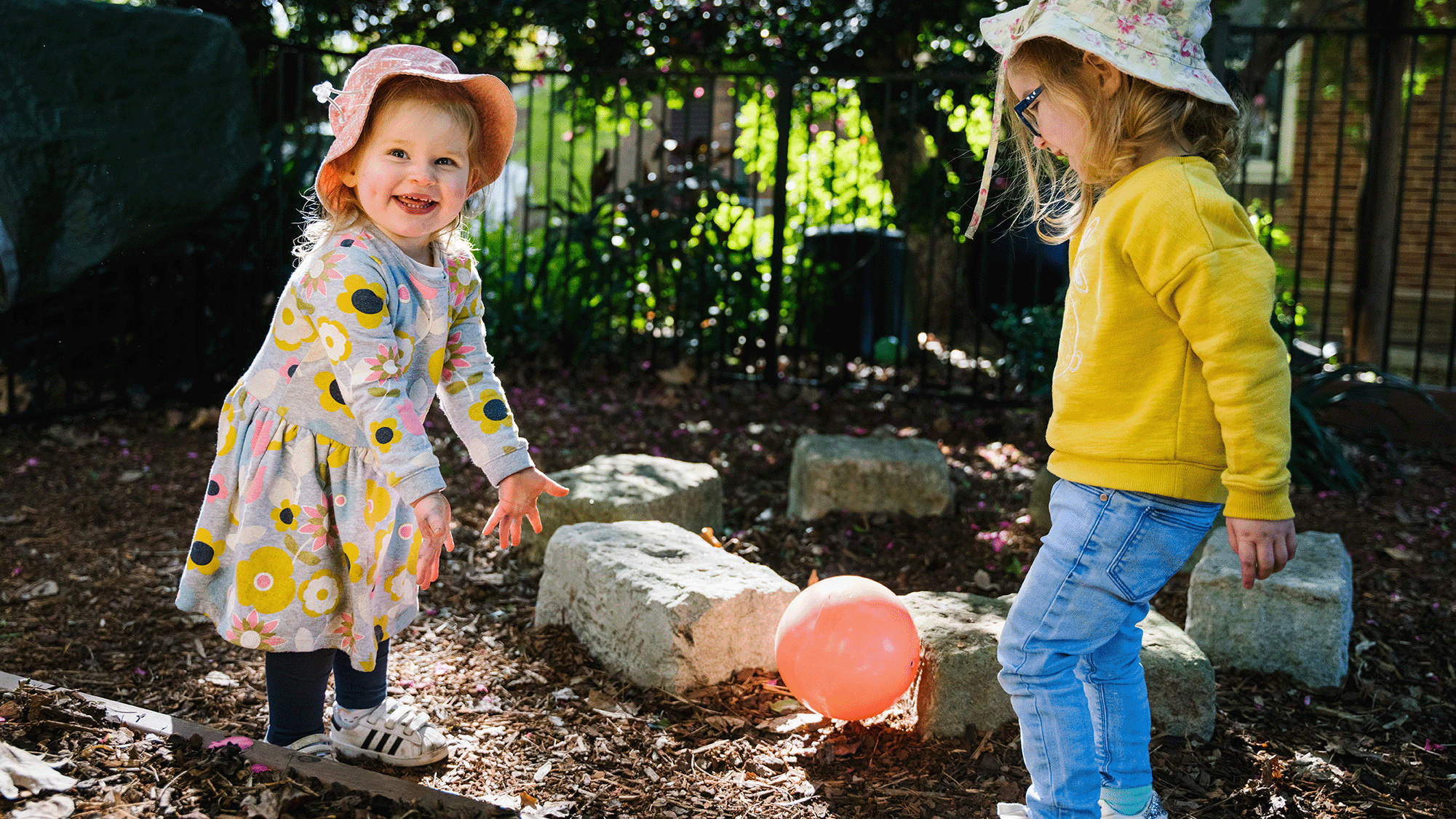
In an early learning and preschool, what your child wears may also influence your child’s health, safety, comfort, and wellbeing.
Resources for services
Your child's development
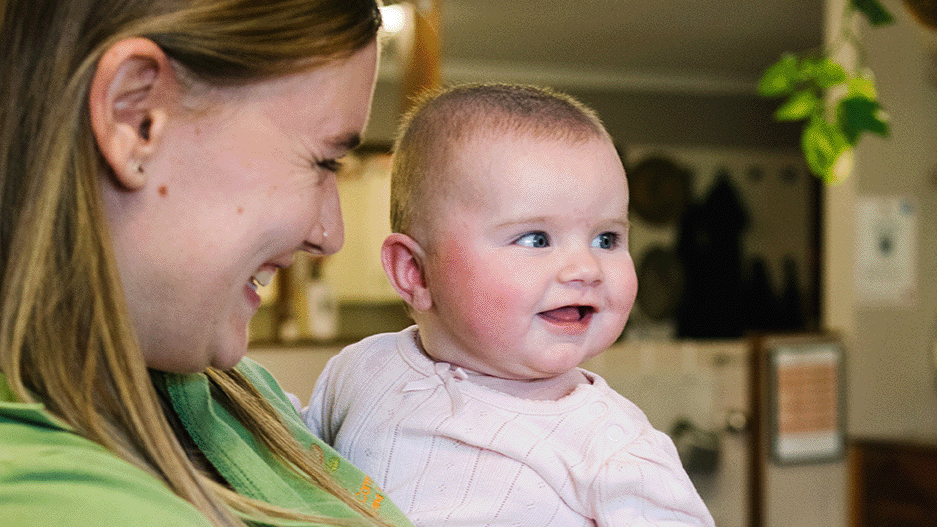
At 8 – 12 months your baby is on the move and getting into everything, developing skills like problem solving, investigating and experimenting. He or she is becoming more excited and curious about the world. They’re learning how to point and make sounds at the things they want and are beginning to understand how they affect the people around them.
Getting into a routine
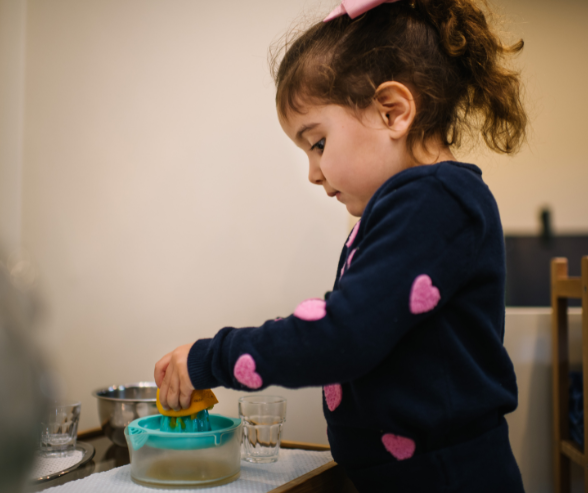
In this information sheet we aim to answer some of your basic questions about toilet training your child, as well as providing some tips on how the educators at your early childhood education and care service can support you and your child in this.
Tips for parents
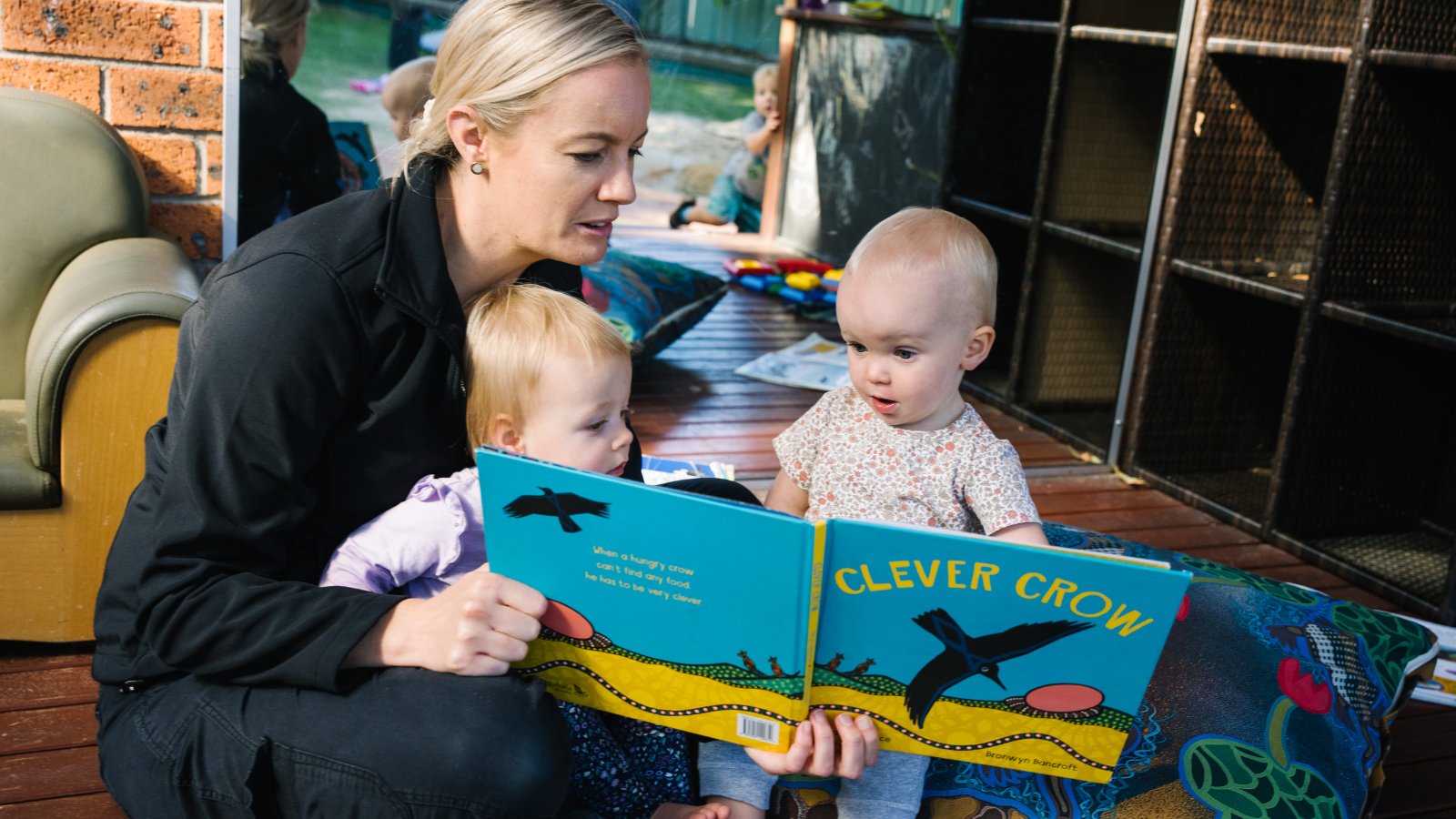
It’s never too early, or too late, to start reading with your baby.